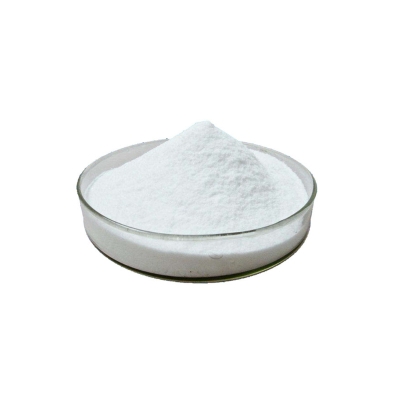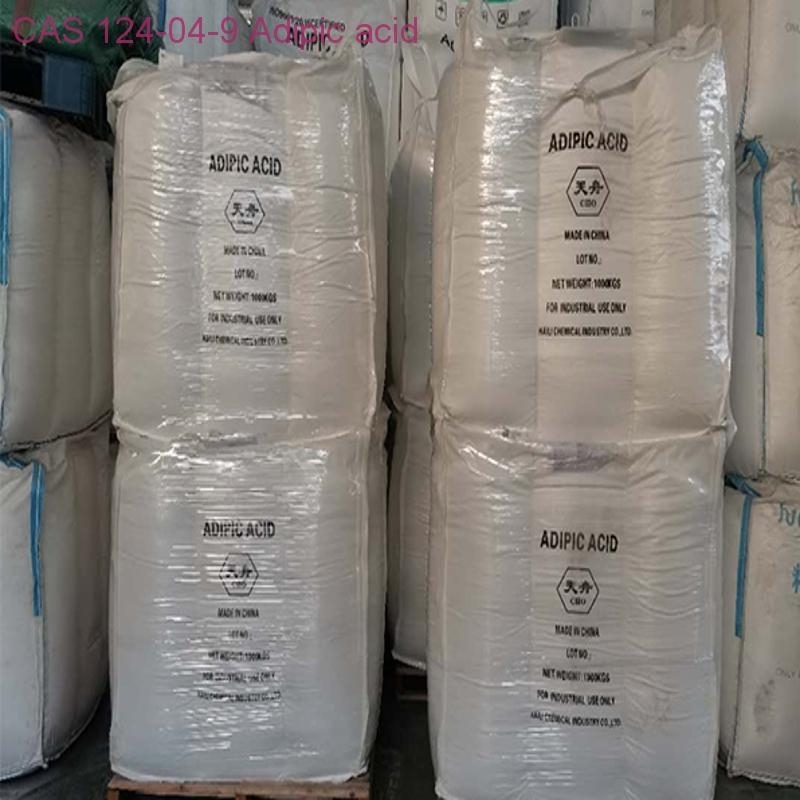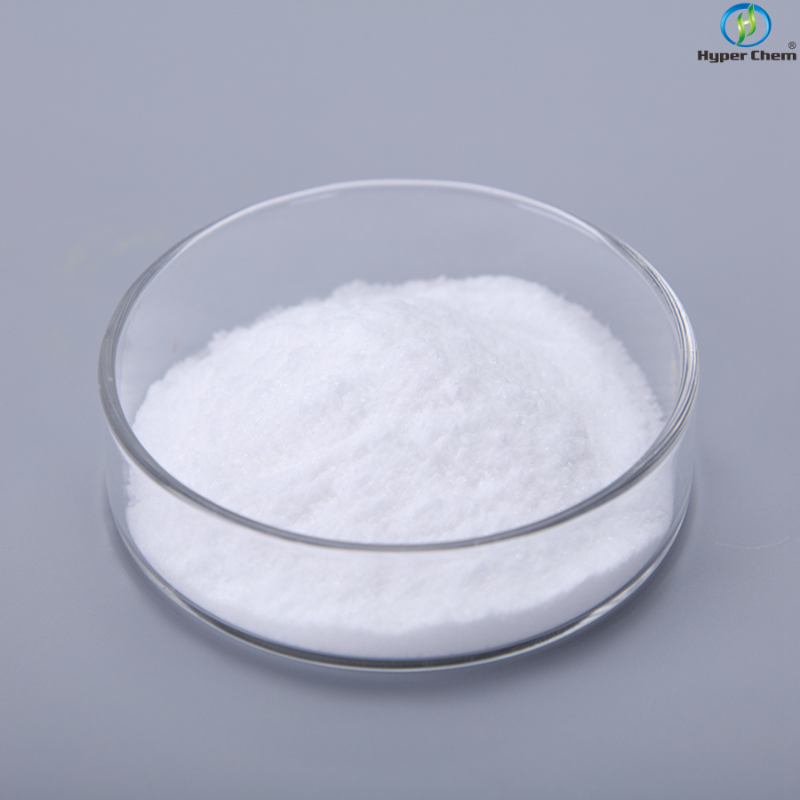-
Categories
-
Pharmaceutical Intermediates
-
Active Pharmaceutical Ingredients
-
Food Additives
- Industrial Coatings
- Agrochemicals
- Dyes and Pigments
- Surfactant
- Flavors and Fragrances
- Chemical Reagents
- Catalyst and Auxiliary
- Natural Products
- Inorganic Chemistry
-
Organic Chemistry
-
Biochemical Engineering
- Analytical Chemistry
-
Cosmetic Ingredient
- Water Treatment Chemical
-
Pharmaceutical Intermediates
Promotion
ECHEMI Mall
Wholesale
Weekly Price
Exhibition
News
-
Trade Service
Recently, the forensic medicine classroom of Fukuoka University in Japan revealed that a man in his 20s in Kyushu, Japan, died of caffeine poisoning after long-term drinking of caffeine-containing beverages with a refreshing effect.
This became the first person in Japan to die from long-term caffeine poisoning.
Report
.
And the reason why he drinks caffeinated beverages every day is just to help refresh his mind
.
Functional drinks such as refreshing and anti-fatigue have always been popular in the market.
Because of their "functions", functional drinks are also highly sought after
.
What is a functional drink? Does it contain any special ingredients? Is it worth pursuing? What problems should be paid attention to when drinking?
This became the first person in Japan to die from long-term caffeine poisoning.
Report
.
And the reason why he drinks caffeinated beverages every day is just to help refresh his mind
.
Functional drinks such as refreshing and anti-fatigue have always been popular in the market.
Because of their "functions", functional drinks are also highly sought after
.
What is a functional drink? Does it contain any special ingredients? Is it worth pursuing? What problems should be paid attention to when drinking?
The main ingredients of functional drinks?
Although the term energy drink is very popular, it is often seen in many product promotions and advertisements
.
However, in fact, China currently does not have a clear definition of a functional drink, and it is difficult for us to say clearly what a functional drink is
.
The current national standard "General Principles of Beverages" (GB10789) also only has the term "special-purpose beverages", that is, liquid beverages with specific ingredients that meet the needs of all or some people, including sports drinks, nutrient drinks, energy drinks, and electrolytes.
Beverages and other special purpose beverages
.
.
However, in fact, China currently does not have a clear definition of a functional drink, and it is difficult for us to say clearly what a functional drink is
.
The current national standard "General Principles of Beverages" (GB10789) also only has the term "special-purpose beverages", that is, liquid beverages with specific ingredients that meet the needs of all or some people, including sports drinks, nutrient drinks, energy drinks, and electrolytes.
Beverages and other special purpose beverages
.
For most consumers, functional beverages are actually a type of beverage with a certain functional eating, usually including sports drinks, energy drinks, etc.
Common functional beverages are generally added with vitamins, glucose, minerals, caffeine, electrolytes, Lysine, even taurine and other ingredients are often claimed to have "stimulate energy", "maintain mental state", "improve the vitality of the body and the ability of the brain to function" and other functions
.
Common functional beverages are generally added with vitamins, glucose, minerals, caffeine, electrolytes, Lysine, even taurine and other ingredients are often claimed to have "stimulate energy", "maintain mental state", "improve the vitality of the body and the ability of the brain to function" and other functions
.
If I really have needs, such as refreshing and staying up late, can I consider choosing an energy drink?
At present, most of the functional drinks on the market do not contain alcohol, but contain caffeine, vitamins, taurine and some plant ingredients
.
From the perspective of ingredient analysis, the ingredients contained in common functional drinks are safe
.
For example, caffeine is found in many foods, and it is no different from coffee and tea.
Evaluations by the European Food Safety Agency and other institutions show that as long as it is properly consumed, there is no need to worry too much
.
Taurine and propionolactone are substances originally present in the human body.
The European Food Safety Agency and other institutions have conducted assessments and all believe that their use in energy drinks does not cause safety problems
.
The other ingredients, vitamins, sugar, etc.
, are more conventional food ingredients, and there are no safety risks
.
Therefore, proper consumption of functional drinks does not pose any safety problems
.
.
From the perspective of ingredient analysis, the ingredients contained in common functional drinks are safe
.
For example, caffeine is found in many foods, and it is no different from coffee and tea.
Evaluations by the European Food Safety Agency and other institutions show that as long as it is properly consumed, there is no need to worry too much
.
Taurine and propionolactone are substances originally present in the human body.
The European Food Safety Agency and other institutions have conducted assessments and all believe that their use in energy drinks does not cause safety problems
.
The other ingredients, vitamins, sugar, etc.
, are more conventional food ingredients, and there are no safety risks
.
Therefore, proper consumption of functional drinks does not pose any safety problems
.
For example, for some people, such as white-collar workers at work, many people need help to refresh themselves and stay up late to work due to work needs.
Drinking some refreshing and energy-replenishing functional drinks is also completely possible, and beverages with these functions play a role.
The main ingredient is caffeine.
Normal consumption usually does not exceed the standard, so don't worry too much about proper drinking
.
For athletes, due to the large amount of exercise, it is perfectly possible to drink sports drinks or electrolyte drinks appropriately, and there will be no safety issues
.
Drinking some refreshing and energy-replenishing functional drinks is also completely possible, and beverages with these functions play a role.
The main ingredient is caffeine.
Normal consumption usually does not exceed the standard, so don't worry too much about proper drinking
.
For athletes, due to the large amount of exercise, it is perfectly possible to drink sports drinks or electrolyte drinks appropriately, and there will be no safety issues
.
What should you pay attention to when drinking functional drinks?
Although functional drinks are safe to drink properly, there is no benefit in drinking more functional drinks, and it can even cause health problems
.
In terms of health and food safety, you should pay attention to:
.
In terms of health and food safety, you should pay attention to:
1.
Functional drinks have high sugar content, so it is not advisable to drink more
Functional drinks have high sugar content, so it is not advisable to drink more
Although it is said that drinking energy drinks properly does not cause any safety problems, drinking more energy drinks will not bring any benefits and may even bring some health problems
.
Energy drinks often contain more sugars, and the energy is not low.
Generally speaking, the sugar content of a 500ml bottle of energy drinks is usually about 40 grams.
If you drink more, you will eat more sugar and consume more energy.
If other aspects are not controlled, health risks such as obesity and dental caries will be increased
.
.
Energy drinks often contain more sugars, and the energy is not low.
Generally speaking, the sugar content of a 500ml bottle of energy drinks is usually about 40 grams.
If you drink more, you will eat more sugar and consume more energy.
If other aspects are not controlled, health risks such as obesity and dental caries will be increased
.
According to the latest recommendations of the World Health Organization, adults and children should reduce their daily free sugar intake to less than 10% of their total energy intake (about 50 grams).
If possible, it is best to reduce it to 5% (about 50 grams).
25 g) or less
.
If possible, it is best to reduce it to 5% (about 50 grams).
25 g) or less
.
Generally speaking, a 500ml bottle of energy drink contains about 40 grams of sugar
.
In this way, the sugar in a bottle of beverage is basically enough for a day, so if you want to drink it, it is best not to exceed this amount every day
.
.
In this way, the sugar in a bottle of beverage is basically enough for a day, so if you want to drink it, it is best not to exceed this amount every day
.
2.
The caffeine in functional drinks should not be underestimated and should not be drunk too hard
The caffeine in functional drinks should not be underestimated and should not be drunk too hard
The high content of caffeine in energy drinks also has some risks
.
Functional drinks are easy to drink because they are delicious and easy to drink.
Excessive caffeine intake can cause palpitations, nausea, convulsions, mental disorders and other symptoms, and in some cases may even be fatal
.
There have been many cases of serious consequences caused by heavy drinking of energy drinks.
For example, a healthy 28-year-old man suffered a cardiac arrest after drinking 7-8 cans of energy drinks and participating in a motocross race
.
Therefore, do not drink too much energy drink at a time
.
.
Functional drinks are easy to drink because they are delicious and easy to drink.
Excessive caffeine intake can cause palpitations, nausea, convulsions, mental disorders and other symptoms, and in some cases may even be fatal
.
There have been many cases of serious consequences caused by heavy drinking of energy drinks.
For example, a healthy 28-year-old man suffered a cardiac arrest after drinking 7-8 cans of energy drinks and participating in a motocross race
.
Therefore, do not drink too much energy drink at a time
.
Take a 500ml can of Red Bull as an example.
The caffeine content in it is about 80-100 mg.
If you don't want to affect your sleep, it is recommended to drink no more than one can a day
.
The caffeine content in it is about 80-100 mg.
If you don't want to affect your sleep, it is recommended to drink no more than one can a day
.
3.
Don't blindly pursue functional drinks
Don't blindly pursue functional drinks
Many functional drinks will claim to have a variety of functions, which makes many people think they are very good and very informative, but the basis for these functions is what you need
.
In fact, functional drinks are to meet the needs of some special groups of people.
For example, sports drinks and electrolyte drinks are usually used to replenish energy and electrolytes for athletes and some highly physical workers in time, and ordinary people do not need to drink it; refreshing It is usually for people who work hard, but it is not necessary for ordinary people
.
Therefore, do not blindly drink functional drinks in pursuit of the so-called efficacy
.
.
In fact, functional drinks are to meet the needs of some special groups of people.
For example, sports drinks and electrolyte drinks are usually used to replenish energy and electrolytes for athletes and some highly physical workers in time, and ordinary people do not need to drink it; refreshing It is usually for people who work hard, but it is not necessary for ordinary people
.
Therefore, do not blindly drink functional drinks in pursuit of the so-called efficacy
.
Reference materials:
1.
GBT 10789-2015 General Rules for Beverages
GBT 10789-2015 General Rules for Beverages
2.
Lin Taifeng, Zheng Dawei, Zhang Shufen, et al.
Research progress on functional factors and their detection methods in functional drinks.
"Food Industry Science and Technology", 2013, 21.
Lin Taifeng, Zheng Dawei, Zhang Shufen, et al.
Research progress on functional factors and their detection methods in functional drinks.
"Food Industry Science and Technology", 2013, 21.
3.
Li Xiaoman, Fang Yuanchao, Zhao Jinfu.
Research progress and application prospects of functional beverages.
Guangzhou Food Industry Science and Technology, 2000, 1.
Li Xiaoman, Fang Yuanchao, Zhao Jinfu.
Research progress and application prospects of functional beverages.
Guangzhou Food Industry Science and Technology, 2000, 1.
4.
João Joaquim Breda, imageStephen Hugh Whiting, imageRicardo Encarnação1, et al.
Energy drink consumption in Europe: a review of the risks, adverse health effects, and policy options to respond.
Front.
Public Health, 14 October 2014.
João Joaquim Breda, imageStephen Hugh Whiting, imageRicardo Encarnação1, et al.
Energy drink consumption in Europe: a review of the risks, adverse health effects, and policy options to respond.
Front.
Public Health, 14 October 2014.
5.
Adam J Berger and Kevin Alford.
Cardiac arrest in a young man following excess consumption of caffeinated “energy drinks”.
Med J Aust 2009; 190 (1): 41-43.
Adam J Berger and Kevin Alford.
Cardiac arrest in a young man following excess consumption of caffeinated “energy drinks”.
Med J Aust 2009; 190 (1): 41-43.
6.
Deborah Cohen.
The truth about sports drinks.
BMJ, 2012, 345: e4737.
Deborah Cohen.
The truth about sports drinks.
BMJ, 2012, 345: e4737.
7.
O'Brien MC, McCoy TP, Rhodes SD et al.
Caffeinated cocktails: energy drink consumption, high-risk drinking, and alcohol-related consequences among college students.
Acad Emerg Med.
2008 May;15(5):453- 60.
O'Brien MC, McCoy TP, Rhodes SD et al.
Caffeinated cocktails: energy drink consumption, high-risk drinking, and alcohol-related consequences among college students.
Acad Emerg Med.
2008 May;15(5):453- 60.







